With the People’s Republic of China (PRC) and Philippines conducting the second Bilateral Consultation Meeting on the South China Sea, there’s been a range of views on what this could mean for regional stability in the Indo-Pacific. While the USA has been a strategic ally of the Philippines for 70 years, the recent downward trend of bilateral ties resulting from US slowly shifting away from the region, to the strong criticism of Duterte’s domestic drug policy, has acted as an opening for China to strengthen its engagement with the Philippines.
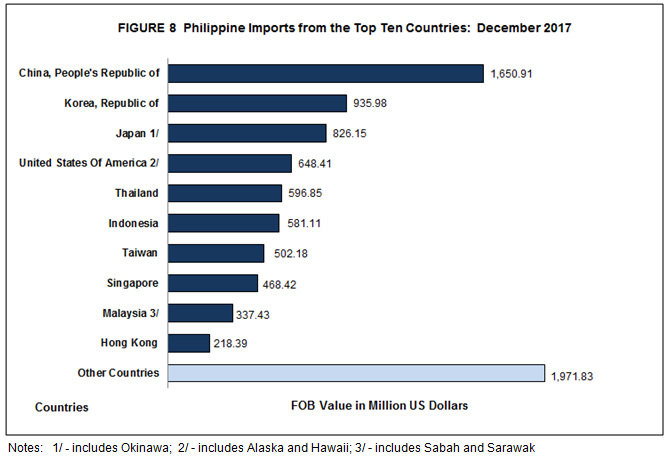
The resolution of the South China Sea dispute has been deadlocked due to the ASEAN states preferring a multilateral framework over the bilateralism emphasized by China. Duterte agreeing to bilateral negotiations marks a shift in the region and raises questions on whether the other claimant ASEAN states are going to follow this example. The acquiescence of Philippines is especially significant as Manila has usually taken a strong stance against the PRC with substantive military support from USA. The Aquino III administration that lodged the tribunal against China in 2013 pronounced the judgement in favour of the Philippines but the verdict was not abided by Beijing.
Since Duterte’s rise to power, the Philippine administration has worked to normalize relations with China in the wake of the Permanent Court of Arbitration (PCA) tribunal of the Aquino III administration. Trade with the PRC has grown significantly, with imports edging out Japan in favour of China to comprise 18.9 percent of the total trade in December 2017 and an increase of 28.3 percent from December 20161. This has been buttressed in 2016 by China and Philippines agreeing to hold bilateral consultation meetings, the first one in May 2017. The second bilateral consultation meeting was held in February 13, 2018, which agreed for the peaceful resolution of disputes “through friendly consultations and negotiations by sovereign states.” The meeting also called for early negotiations on concluding a Code of Conduct on the South China Sea.
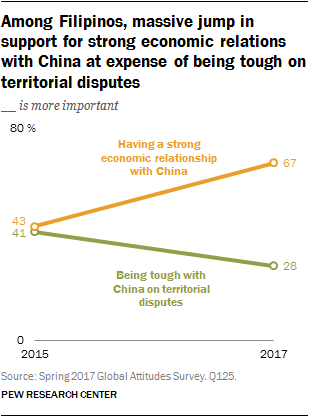
Duterte could have taken a strong stance against China, however the lack of unity in ASEAN and its disquiet over Philippines unilaterally moving to the PCA, coupled with resounding critics from USA over Duterte’s strong anti-drug policy, and China’s fiscal diplomacy has served to temper the reaction from Philippines. While international opinion was divided on Philippines’ measured response and increasing engagement with China, the Pew Research Centre demonstrates public support for Duterte’s domestic policies and his handling of USA and China. There’s an increase from 43 percent to 67 percent in having enhanced economic ties, while there is a drop on being firm on the South China Sea dispute from 41 percent to 28 percent 2. Similarly, the perceptions of the USA under Trump have seen a downward trend, while the regard for China has seen a marginal rise in the criteria of being seen as a responsible economic power whose influence is seen favourably.
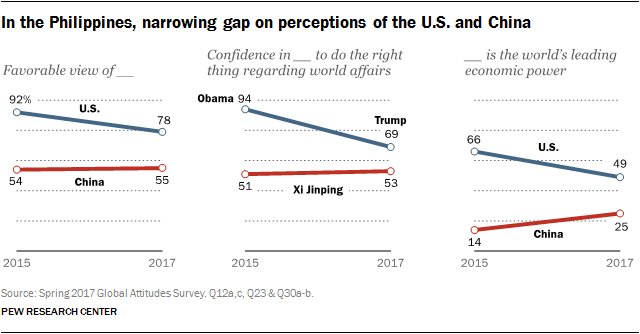
Duterte has asserted that the issue of compliance of China with the PCA ruling would be brought up in the tenure of his six-year presidency, but not under pressure from USA. With Duterte’s strong response of asking USA to “go to hell” and threatening to abrogate the 1952 USA-Philippine defense treaty in light of the human rights criticism, there has been protests from Philippine elites and legal counsel criticizing this approach as leeway for China to carry out militarization in the South China Sea and compromising Philippine national interests.
The budding rapprochement between Philippines and China is also evident by China’s neutral reaction to Duterte sending patrol ships into disputed territories in the Scarborough Shoal in February 2018. This, coupled with Duterte asserting that the militarization of the South China Sea was not aimed at Philippines but rather at the USA and Trump tagging the Duterte as a threat to democracy has pushed China and Philippines closer.
Despite the improving engagements, the China-Philippines interactions are still tempered with caution. The Defence Secretary Alan Cayetano reaffirmed Manila’s continuing commitment to protect its territory claiming that, “just because we are not in an open shouting match with China… doesn’t mean that issues aren’t being dealt with decisively… we are exerting efforts and getting things done.”3 The Philippine Government refused to grant permission to Chinese research scientists to explore the disputed waters. Philippines has also issued warnings to regional powers of China surveilling Benham Rise without legal permits, displaying Beijing’s disregard for established protocols. The South China Sea is an active security concern for Philippines and China, to the extent that naming of waters is also heavily contested. The Philippine security establishment remains closely linked to USA even as there are disagreements between the political leaders.
Implications for India
Regional stability in the Indo-Pacific is heralded as a chief concern in India’s foreign policy and the China-Philippines rapprochement marks a dynamic shift in considerations of the region. There are concerns that the bilateral mechanisms between China and Philippines might serve to undermine the multilateral apparatuses and reduce the bargaining capacity of the smaller ASEAN states. There is a pressing concern that the South China Sea would become a Chinese lake if bilateral mechanisms are also adopted by other claimant states, which could potentially affect the international use of the seas.
With China not acknowledging the PCA verdict and increasing installations in the South China Sea, multilateral platforms have been regarded as more effective in mitigating potential Chinese aggression in the region. Multilateral platform act as bridge for non-claimant states such as India to assist countries like the Philippines and Vietnam to enhance their security structures for regional stability. India-Philippine relations have also seen growing engagement with counter-terrorism cooperation, India being amongst the first to provide assistance in the conflict-ridden Marawi in the Mindanao region. The budding Quadrilateral of India, Japan Australia and USA, and an expanded ‘Quad Plus’ envisioning the involvement of the ASEAN states add to the bargaining capacities in the South China Sea.
End Notes
1. Philippines Statistics Authority. (2018, February 9). Highlights of the Philippine Export and Import Statistics : December 2017. Retrieved February 24, 2018.
2. Pew Research Center. (2017, September 20). People in the Philippines still Favour U.S. over China, But Gap is Narrowing. Retrieved from Pew Research Center Global Attitudes & Trends: http://www.pewglobal.org/2017/09/21/people-in-the-philippines-still-favor-u-s-over-china-but-gap-is-narrowing/pg_2017-09-21_philippines_05/
3. PH commitment on SCS claims unwavering: DFA. (2018, February 15). Retrieved from Republic of Philippines: Philippines News Agency: http://www.pna.gov.ph/articles/1025308
(Views expressed are of the author and do not necessarily reflect the views of the VIF)
Image Source: https://www.cnbc.com/2017/07/14/philippines-considers-resuming-energy-drilling-in-south-china-sea.html

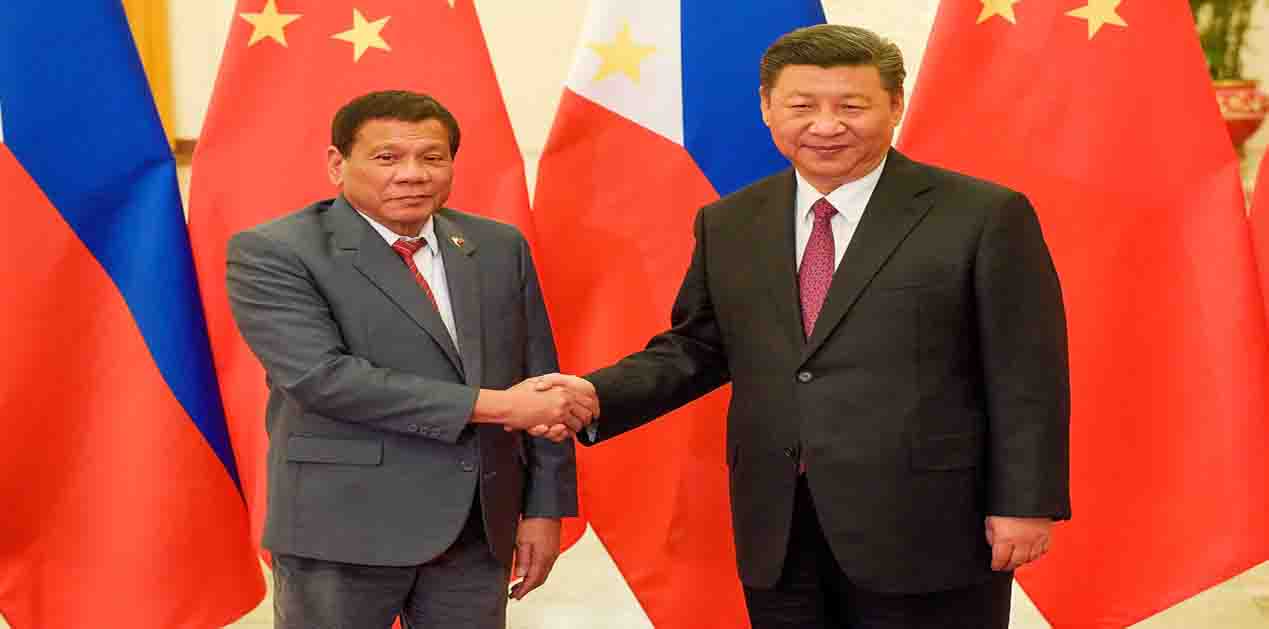

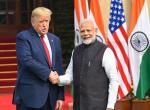

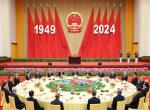

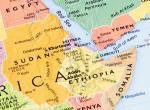



Post new comment